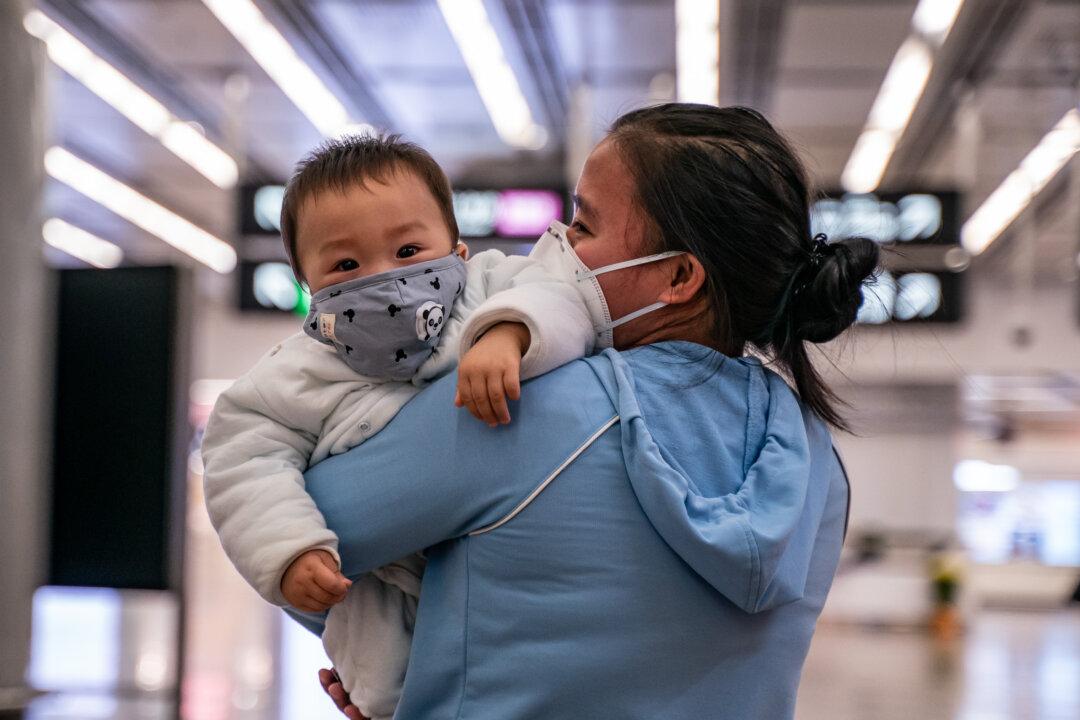The World Health Organization (WHO) declared a public health emergency of international concern on Jan. 30 as the coronavirus outbreak continues to spread globally.
The organization held discussions for two days last week on the virus but stopped short of declaring a global health emergency at the time. Since then, a number of new patients who didn’t visit China have been diagnosed in Japan, Germany, Vietnam, and Taiwan.





